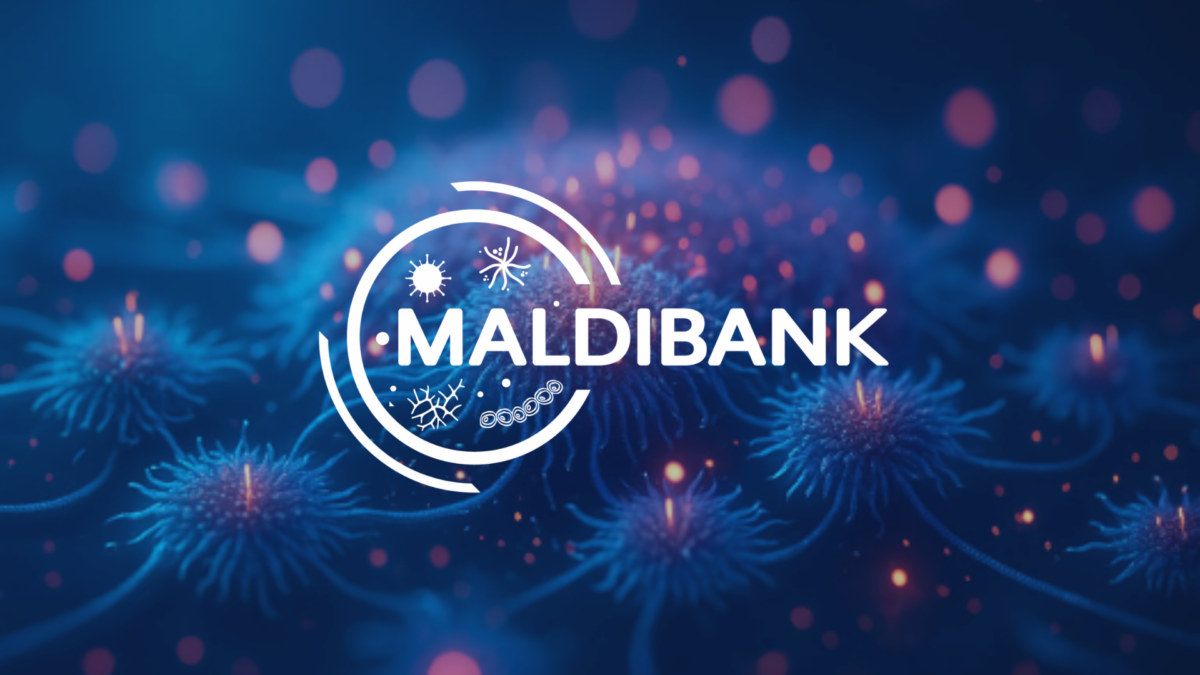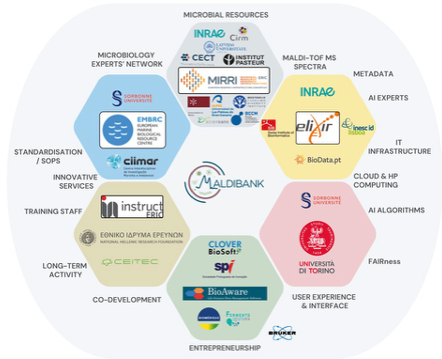
Harnessing the power of microbial diversity: MALDIBANK kicks off in Braga
Microbes are essential to life and have an impact on everything, from ecosystem dynamics to human health and industries like agriculture and food safety. Their diversity, however, remains largely underestimated. Considering their implications in sectors like food safety and climate change, it is crucial to accurately identify microorganisms and harness their potential.
Here is where MALDIBANK (Multi-domain Open MALDI Spectra Archive for Identification of Microorganisms) comes in. The new project, funded by the Horizon Europe programme, will gather 24 partners, including INESC-ID, tomorrow, May 13, in Braga for their kick-off meeting. This meeting, hosted by Universidade do Minho, will serve as a starting point to better define the action plan for the duration of MALDIBANK. At INESC-ID the project will be managed by Information and Decision Support Systems researcher and Life and Health Technology coordinator, Ana Teresa Freitas, with a funding of around €500K euros. The group will also count with Arlindo Oliveira, Emanuel Gonçalves as task leader, Daniel Faria as workpackage leader, Pedro Monteiro, Ruxandra Barbulescu and Sílvia Castro, both in impact.
For 4 years, the project will advance a database designed to expand the application of MALDI-TOF technology. This groundbreaking initiative will combine a vast spectrum database with advanced algorithmic tools, enabling innovative solutions for the identification and understanding of microorganisms. In the end, MALDIBANK will empower scientists to tackle antimicrobial resistance, environmental monitoring, among others, contributing to global problem-solving.
More info on the project here.

Image: MALDIBANK consortium and areas.
